Israeli insect farming startup Flying Spark has struck a strategic partnership and investment deal with Thai Union, one of the world’s largest seafood producers. (News of this first buzzed onto our radar at Israel’s AgriFood Week in September, but has taken a while to confirm, and both companies are still not coming onto the record about the scale of funding involved.)
One obvious thing to say is that it is less $30 million. That’s the total initial commitment of Thai Union’s freshly-created Venture Fund, which is rolling out alongside Space F, Thailand’s first food-tech incubator and accelerator. Thai Union Group is a founding member of Space F, together with Thailand’s National Innovation Agency and Mahidol University. For any foodtech startups reading this, the new VC fund “will focus on three strategic areas: alternative protein, functional nutrition and value chain technology.” Flying Spark is the VC’s first investment, with more to follow in the coming months.
This batch of funding, both companies say, is for Flying Spark to move ahead with its insect growing and processing capabilities in Thailand and to dedicate efforts towards cost reduction and process improvements. Flying Spark uses larvae from a Mediterranean fruit fly known as the Ceratitis Capitata; in nature, they feed on fresh fruits. The larvae have a lifespan of only seven days yet multiply their body mass 250 times in that period. The startup claims to produce 70% protein powder rich in iron, calcium, magnesium, dietary fibers, and is a source of amino acids. Its white color and mild taste and aroma mean the protein into a variety of food and feed products.
The startup received its seed investment and is supported by the Israeli FoodTech incubator The Kitchen Hub, a part of the Strauss Group, the second-largest food producer in Israel. Flying Spark’s technology, Gronich told an audience during a pitching session hosted by the Strauss Group on top of a skyscraper at sunset in Tel Aviv, enables easy and low-cost cultivation and processing, with nearly zero waste; all parts of the larvae are used. This gives Flying Spark an edge over conventional protein sources — not only those from meat and plants but also, the company boasts, over other insects, such as crickets and grasshoppers.
“Thai Union and Flying Spark see eye-to-eye on the need for future alternative protein products to offer high-value protein while minimizing the ecological footprint,” says Flying Spark CEO and founder Eran Gronich, in a note sent to AFN. “This marks a significant step forward in bringing insect protein into the food industry mainstream.”
South America first
In a follow-up email exchange sent on Tuesday, Gronich mentioned his startup will launch its insect protein in South America and the Asian market first, as opposed to going to America and Europe: “We strongly believe that we will see better results in terms of sales in those markets since in these regions insect consumption is part of the culture and tradition and consumers are much more open to the idea,” he wrote. “However, millennials in Western countries are very much aware of what they are putting into their bodies and the environmental aspects of the growing and production of their food. They are looking for sustainable, alternative protein and surveys show that 25% of millennials are curious and willing to consume insect-based products.”
The collaboration joins Thai Union’s production capabilities and global reach with Flying Spark’s technology. The aim is to create an affordable offering to fulfill the global need for cheap, sustainable, high-quality protein. “Over the last years, Thai Union has made significant investments to become a leader in seafood innovation and sustainability,” said Thai Union CEO Thiraphong Chansiri. His company is now a member of the United Nations Global Compact and a founding member of the International Seafood Sustainability Foundation (ISSF). In 2015, Thai Union introduced its SeaChange sustainability strategy, which can be found and followed right here. “As we move into the coming decade, we will increasingly cooperate with innovative start-ups in strategically interesting areas, added Chansiri. “This will complement our own activities as we are broadening our business beyond our traditional core

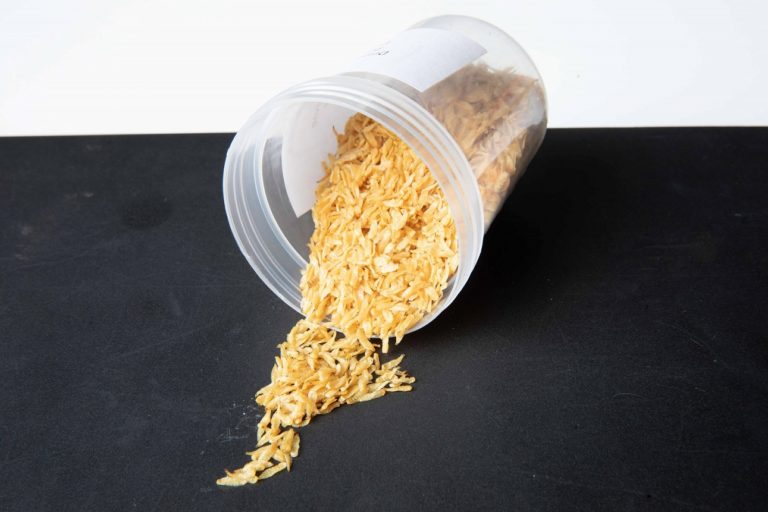
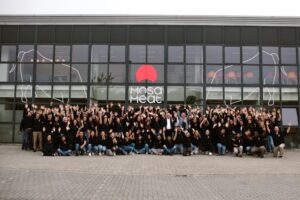
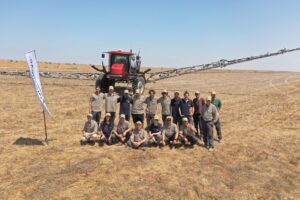
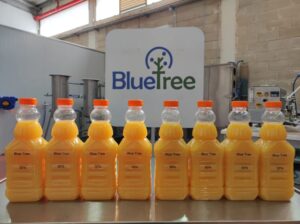


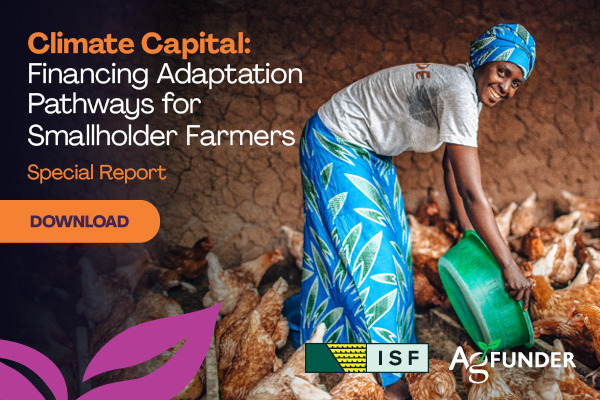


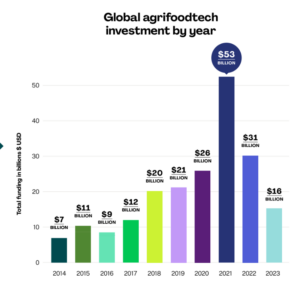



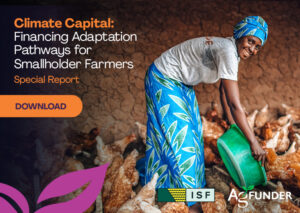

Sponsored
International Fresh Produce Association launches year 3 of its produce accelerator